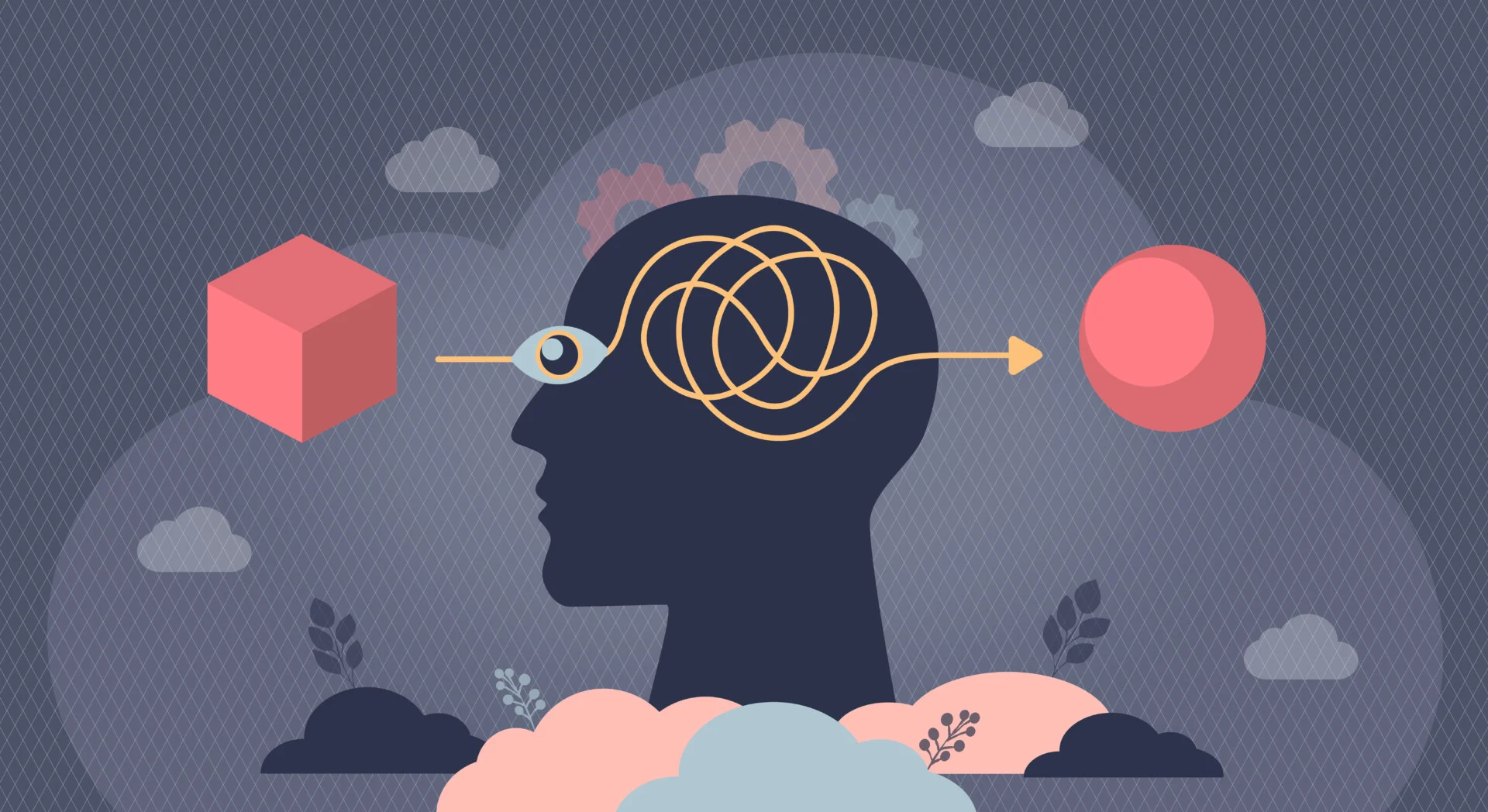Blog
Cognitive Bias and Perception of Odds in Everyday Thinking

Ever caught yourself thinking, “Hey, I’m due to win,” while clutching that Kerala lottery ticket over a cup of masala chai? You’re not alone. Our brains are wired to cut corners—using shortcuts, or heuristics—to make sense of a dizzying world. But these same shortcuts often trip us up when it comes to estimating real odds and risks.
When Quick Judgments Go Wrong
We rely on heuristics so reflexively that we hardly notice them. That gut feeling—“it happened twice so it must happen again”—is the gambler’s fallacy. Or take anchoring bias, where a random number you just heard (say, an aunt’s dinner guest count) sticks in your mind and colors every estimate you make thereafter. It’s like ordering biryani; once you’ve seen the price on the menu, everything else seems either a steal or highway robbery.
These biases slip under the radar because they feel intuitive. Yet intuition doesn’t always play by the rules of probability.
The Gambler’s Fallacy and Lotteries
How lotteries shape public understanding of probability is a classic teaching moment. When millions tune in for a state draw, they witness numbers appearing “randomly,” yet somehow feel patterns emerge. The truth?
- Odds of winning a six-digit state lottery (e.g., Kerala State Lottery) are 1 in 1,000,000 (every ticket from 000000 to 999999).
- Odds of matching all six numbers in a standard 6/49 draw hover around 1 in 13,983,816.
Notice how tiny those chances really are? Still, people spray their hopes on the off-chance of striking it rich. Why? Because a massive jackpot headline grabs more attention than the millions who walk away empty-handed.
Anchoring, Availability, and Daily Decisions
Riding an auto through Mumbai traffic feels riskier than it is—yet most of us fret more about plane crashes (a 1 in 11 million chance) than auto accidents (1 in 5,000). The availability bias kicks in: dramatic, news-worthy events loom larger in our minds than mundane, everyday risks. So, why do we panic over shark attacks (1 in 3.7 million chance) but text and drive without a second thought? How often does our gut trick us into seeing smoky signals and missing the clear skies?
Breaking the Spell
There are ways to outsmart your brain.
- Pause for a chai break before big decisions.
- Run the numbers yourself—literally. Write down the math and stare it in the eye.
- Question your gut: is this feeling based on solid data or just yesterday’s headlines?
- Get a second opinion. Sometimes a friend’s wild logic lands closer to reality than your own confident gut.
Some days you’ll slip. That’s human. But each conscious check builds better habits.
In the end, mastering odds isn’t about being a stickler for statistics—it’s about noticing your own mind at play. So next time you clench that lottery ticket or fret over a flight booking, ask yourself: “Am I being steered by data or by the loudest story in my head?” Awareness isn’t a magic wand, but it sure helps.
What quirks have you spotted in your own thinking? Leave a comment below—let’s figure out our brains together.

 Blog8 months ago
Blog8 months ago[PPT] Human Reproduction Class 12 Notes
- Blog8 months ago
Contribution of Indian Phycologists (4 Famous Algologist)
- Blog8 months ago
PG TRB Botany Study Material PDF Free Download

 Blog8 months ago
Blog8 months agoCell The Unit of Life Complete Notes | Class 11 & NEET Free Notes

 Blog8 months ago
Blog8 months ago[PPT] The living world Class 11 Notes

 Blog8 months ago
Blog8 months agoPlasma Membrane Structure and Functions | Free Biology Notes

 Blog8 months ago
Blog8 months agoJulus General Characteristics | Free Biology Notes

 Blog8 months ago
Blog8 months agoClassification of Algae By Fritsch (11 Classes of Algae)













